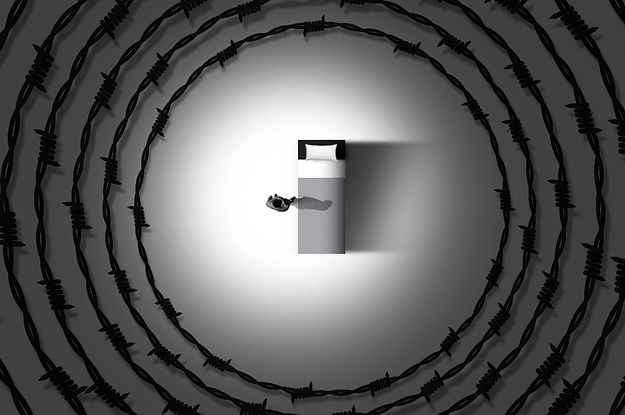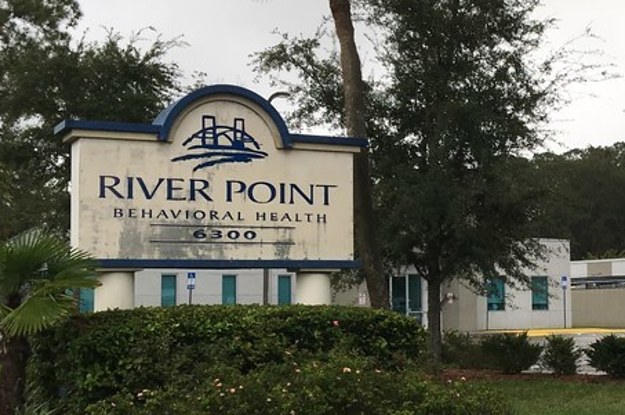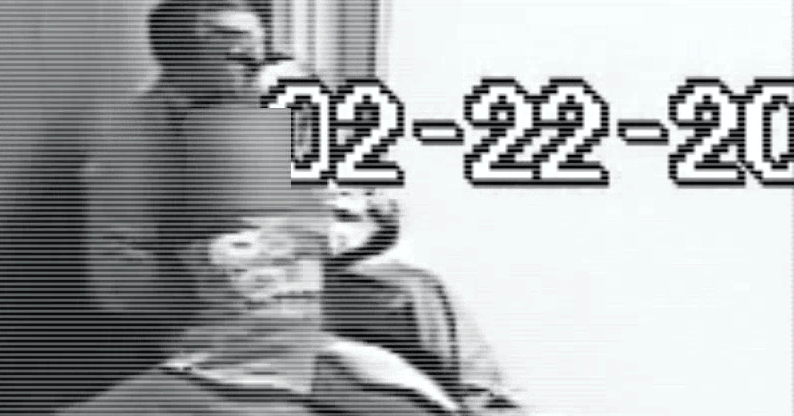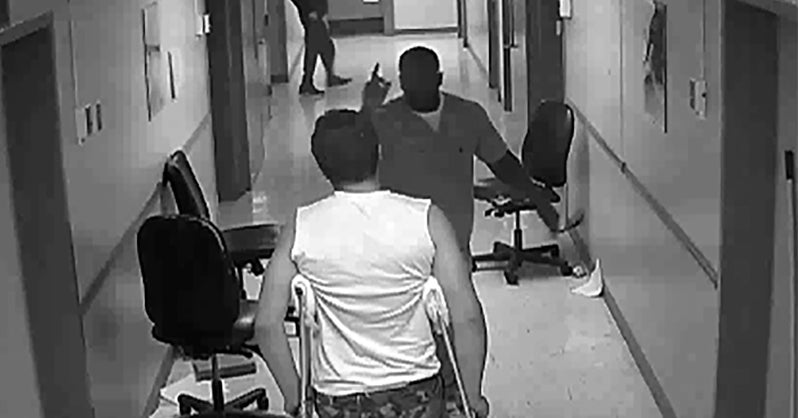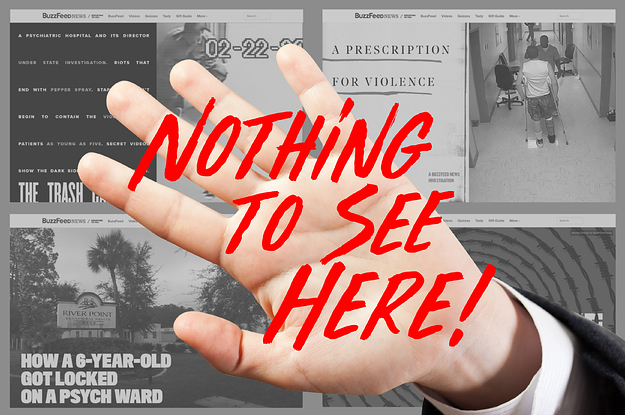- Joined
- Feb 10, 2008
- Messages
- 7,536
- Reaction score
- 6,712
While we may train for 8 years to be psychiatrists, only about 12-18 weeks of those first four years are in psychiatric topics. While understanding medicine is very helpful for psychiatry in general (the number of medical illnesses we come across masquerading as psychiatric illnesses that were missed by the medical team in a given month is usually firmly in the double digits), very little of that time will help in any way whatsoever with the assessment of a suicidal patient.
Though I disagree on the taking things at face value bit. If I had a dollar for every time someone told me with a straight face they weren't using and they popped positive for drugs I would be far better off financially, to give but one example.
Here's the thing. I'm not sure I'd feel comfortable involuntarily hospitalizing someone who's denying suicidality just because I have a suspicion that they may be lying. Taking away someone's liberty, to me, is a fairly big deal and I worry that this could turn into some kind of Thomas Szasz-y nightmare. Especially given what we know about hospitalization not actually being helpful for suicidality.
Similarly, I'm not sure that I could refuse hospitalization for someone just because I suspect they may not actually be suicidal if they're saying that they are. One of the limitations of our field is having to rely on self-report, and although we do what we can to get around that (e.g., collateral information) we aren't mind readers or soothsayers and we never will be.



